Channels
Resources
Events Venues
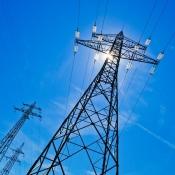
In order to increase savings on electrical expenses, several households are investing in solar power to produce their own electricity. In this article we will explain how the energy compensation system is applied to self power generators.
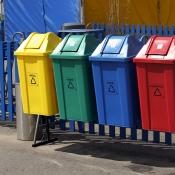
Brazil still loses a large amount of money for not properly recycling waste from its cities, of which only 14% have selective waste collection programs. In this article, we will give an overview of the status of waste recycling in Brazil.
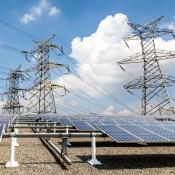
Solar energy is an alternative power source that grew 65% in the past 5 years in order to meet the demand for sustainable energy. In this article we will see the main solar power providers in Brazil.
STAY CONNECT WITH US
TOP ARTICLES

Houses and other residential buildings are large consumers of electricity and gas. One of the ways to reduce the energy consumption in our homes is investing in heat insulation, which is still little explored in Brazil. In this article you will learn about the regulations that involve heat insulation in houses.
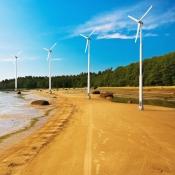
Brazil is turning into a big player in terms of wind energy production, and it is just starting to further develop this sector with the construction of several wind parks. In this article, we will learn more about wind parks in Brazil.
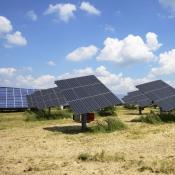
According to the National Electric Energy Agency, known as Aneel, there are 317 solar parks operating in Brazil and 23 under construction. In this article we will learn more about the main solar parks in Brazil.
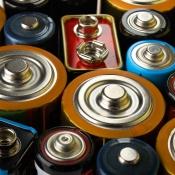
Reverse logistics are a requirement in a world where industries cannot afford to set aside waste that could still be useful in the production cycle. Driven by this and by a strong environmental concern, mandatory reverse logistics systems for batteries are being implemented in Brazil.

Today, the main energy sources in Brazil are generated by hydropower, oil, mineral coal and biofuels. Some others sources are used on a smaller scale, such as natural gas and nuclear power. In this article you are going to learn more about the different energy sources in Brazil.

A polluted river is a reservoir of water that during its course has received chemical, biological or even physical residue causing harm to the soil, fauna, flora or human life.
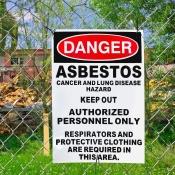
Asbestos has been proven to be hazardous for human health. Despite this, many countries are still using it including Brazil. In this article, we will understand how asbestos is regulated in Brazil.